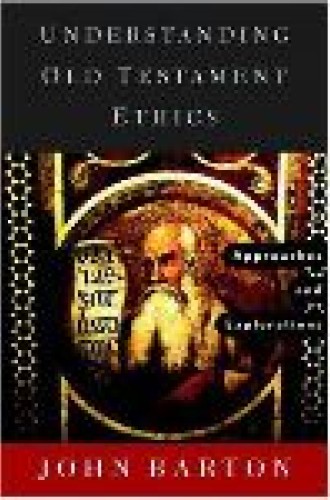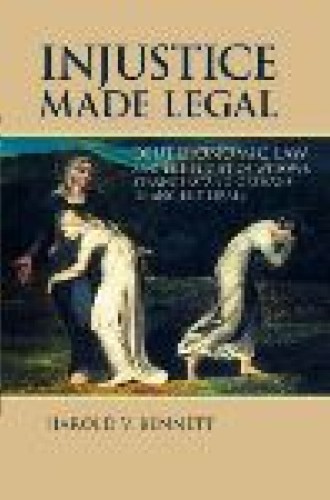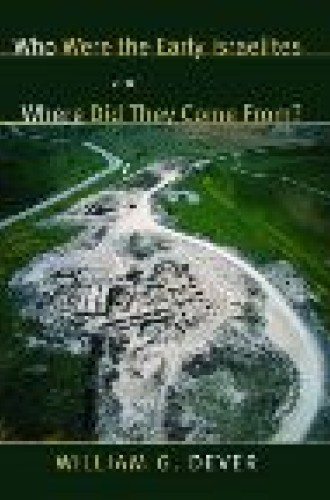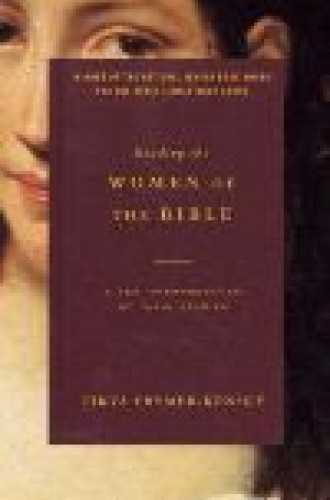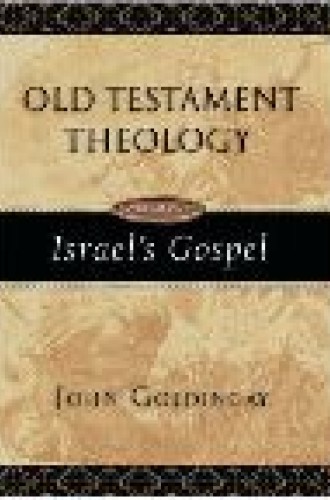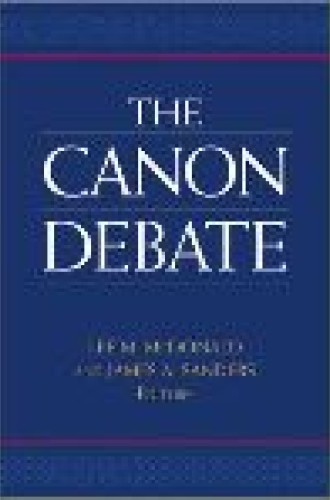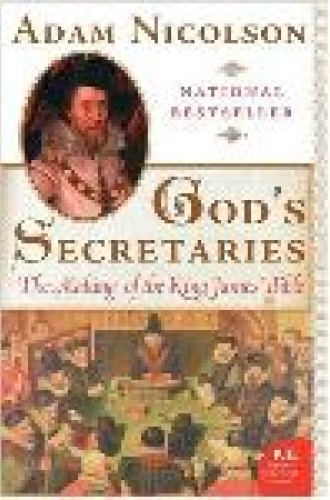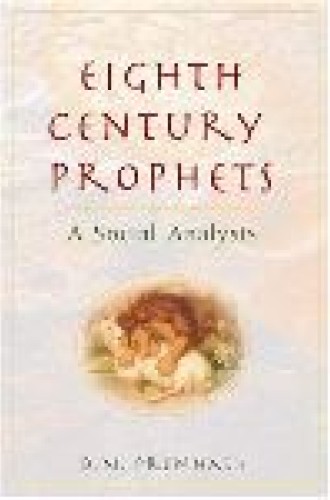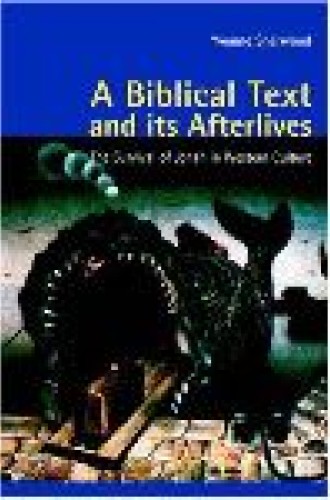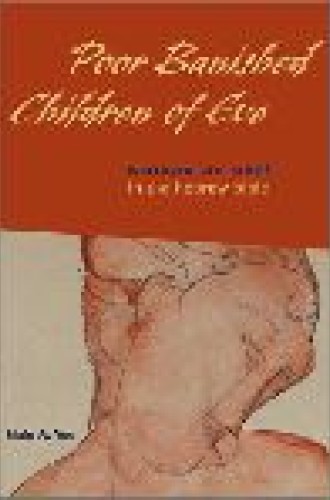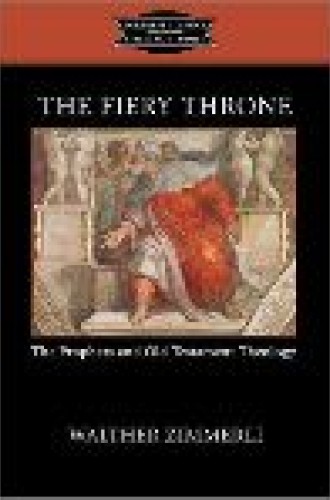Take and read
This is a collection of Barton’s shrewd, discerning essays on such matters as “natural law” and prophetic ethics. Barton is a foremost expositor of the ethical dimension of the OT.
Bennett offers a close historical-critical reading of texts that are pivotal for an ethics of economics in the Old Testament. On the basis of such careful criticism, the book suggests rich interpretive work to be done to illuminate these enduring concerns for communities rooted in the Bible.
Dever, a top historian, is capable of shrewd interpretation and irascible rhetoric. This book is a fine introduction to the current heated debates about the history of Old Testament Israel.
Frymer-Kensky offers a first-rate assessment of difficult texts concerning women. The book brings together a sustained feminist awareness with the most sophisticated critical methods and perspectives.
From an evangelical perspective, Goldingay demonstrates the vitality of Old Testament theology. This first volume explores the various genres of narrative in the Old Testament and exhibits a fine theological sensibility.
This collection of essays is a state-of-the-art articulation of issues related to the canon. Besides addressing important historical considerations, the book deals with the great theological issues that surround the canon. On this subject the book is indispensable for its level of theological engagement.
Though not properly an Old Testament study, this book is important for understanding the political history of the English translation and the interpretive assumptions that have guided the translation. Besides, it’s a great read.
This book brings recent methods of social criticism to the great prophetic texts and exhibits the way these texts reflect power relations and economic practices in ancient Israel. The book is important because it demonstrates that prophetic utterance is not simply harangue and righteous indignation, but acute social analysis rooted in theological passion.
Taking Jonah as a case study, Sherwood explores the interpretive power of the biblical text in communities of faith. The book is a splendid introduction to the new wave of scholarship that assumes historical-critical study but moves beyond it to deep interpretation.
This book is among the best of the recent wave of feminist interpretations. Yee considers the ways in which narrative accounts of women in the Old Testament are presented negatively. Obviously, this narrative base needs to be exposed, since great mischief has been done in the long practice of interpretation of these texts.
Fortress has reissued a number of essays by Zimmerli, one of the great leaders of German OT interpretation in the period dominated by Gerhard von Rad. His writing exhibits the vigorous theological work done in the post–World War II period, to which the present generation of study is heir. Zimmerli focuses especially on Ezekiel and shows us how to read texts with theological alertness.


